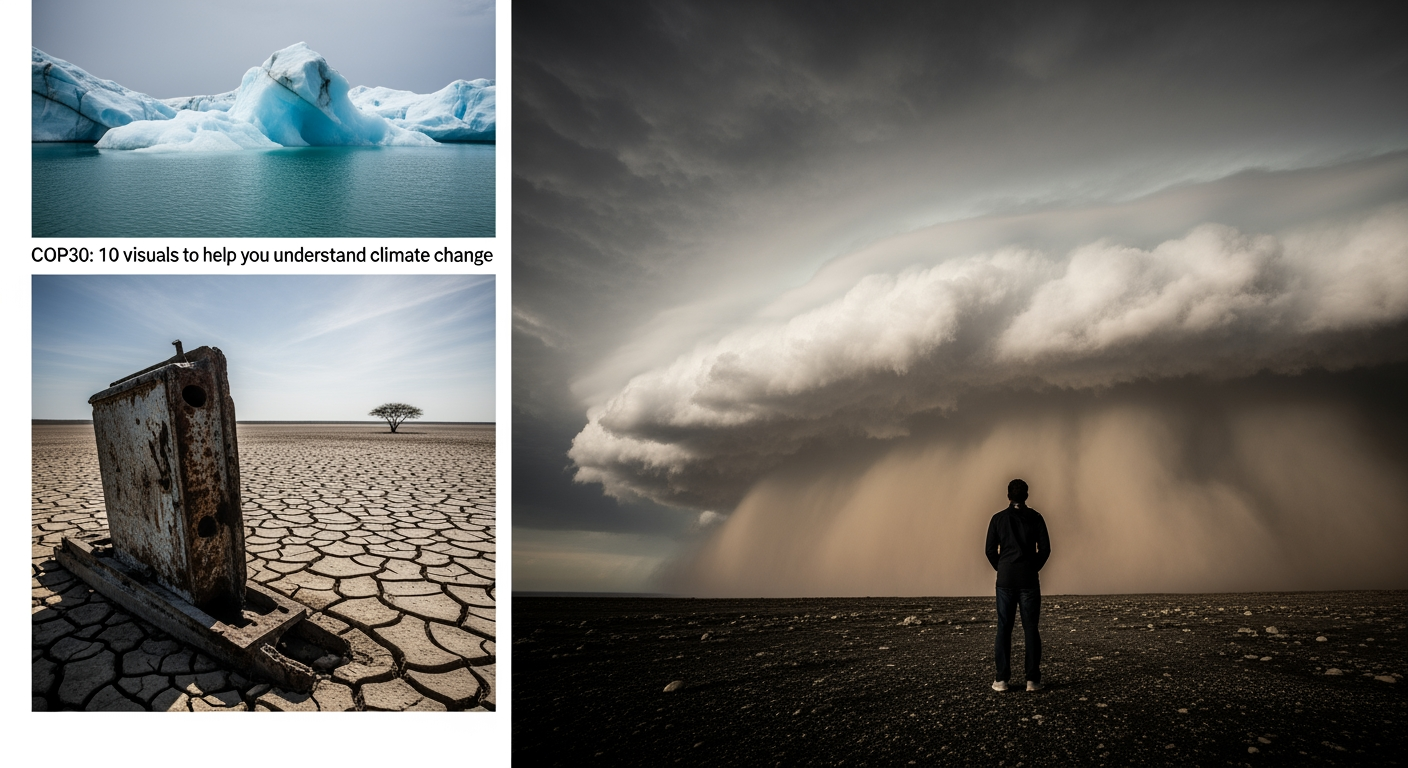Iberian Peninsula Blackout: A Wake-Up Call for Renewable Energy Infrastructure

A massive power outage plunged Spain and Portugal into darkness on April 28, 2025, leaving tens of millions without electricity and raising critical questions about the reliability of renewable energy infrastructure. The blackout, one of the largest in European history, paralyzed transportation systems, disrupted communications, and forced the shutdown of essential services, highlighting the vulnerabilities of modern power grids in the face of increasing reliance on renewable energy sources.
The Day the Lights Went Out
At 12:33 PM CEST, a sudden and dramatic event unfolded across the Iberian Peninsula. Within seconds, approximately 15 gigawatts of electricity generating capacity, equivalent to 60% of Spain's power demand, vanished from the grid. The impact was immediate and widespread. Trains ground to a halt, trapping passengers. Traffic lights went dark, causing gridlock. ATMs ceased functioning, and phone and internet connections faltered. The blackout extended beyond Spain and Portugal, with minor power cuts reported in Andorra and parts of southwestern France.
In Spain, the outage forced the automatic shutdown of four nuclear reactors that were generating power at the time, further exacerbating the energy shortfall. Hundreds of thousands of people were stranded, forced to walk home from paralyzed metro and commuter train services. Telecommunications networks struggled to cope, with network traffic plummeting to a fraction of its normal level.
Portugal experienced similar disruptions. Basic services, including stores, supermarkets, and pharmacies, were rendered inoperable. Hospitals relied on backup generators to maintain essential operations. The failure of traffic lights led to road accidents, prompting the deployment of additional police officers to manage the chaos.
Unraveling the Cause
The immediate aftermath of the blackout was marked by uncertainty and speculation. Portuguese electricity provider Redes Energeticas Nacionais (REN) initially suggested a "rare atmospheric phenomenon" involving extreme temperature variations as a possible cause. However, Spain's national meteorological office refuted this theory, stating that no unusual weather events were detected.
Spanish officials later attributed the blackout to technical and planning errors that left the grid unable to handle a surge in voltage. Ecological Transition Minister Sara Aagesen explained that a voltage surge triggered small grid failures in southern Spain, which then cascaded into larger failures, ultimately bringing down the entire system. She also pointed to "poor planning" by Spain's grid operator, Red Eléctrica, for failing to secure a replacement for a power plant that was supposed to help balance power fluctuations.
While a cyberattack was considered as a potential cause, Red Eléctrica preliminarily ruled it out, stating that there was no evidence of intrusion into the electrical network control systems.
Renewables Under Scrutiny
The blackout immediately sparked debate about the role of renewable energy in grid stability. At the time of the outage, Spain and Portugal were heavily reliant on solar power, which accounted for nearly 60% of electricity generation. Wind power contributed another significant portion. Critics argued that the intermittent nature of these renewable sources and their lack of "inertia" – the stabilizing force provided by traditional spinning generators – made the grid more vulnerable to sudden disruptions.
However, experts cautioned against prematurely blaming renewables. EU energy commissioner Dan Jørgensen stated that there was "nothing unusual" about the electricity mix at the time of the blackout and that the outage was not due to a "specific source energy." Daniel Muir, a European power analyst at S&P Global, echoed this view, suggesting that the nature and scale of the outage made renewable energy an unlikely cause.
Moreover, it was pointed out that Spain had previously operated its grid on 100% renewable energy for an entire day without incident, demonstrating that a grid powered by renewables is possible.
Grid Modernization Imperative
Regardless of the specific cause, the Iberian Peninsula blackout has underscored the urgent need for grid modernization to support the increasing integration of renewable energy sources. Experts emphasize that ensuring grid stability, reliability, and resilience requires more than simply adding more solar panels and wind turbines. It necessitates a comprehensive upgrade of grid infrastructure, including investments in energy storage, frequency control, and advanced grid management technologies.
The European Commission estimates that trillions of dollars will be needed by 2050 to upgrade power networks across the continent. The International Energy Agency (IEA) projects that Europe must invest hundreds of billions of dollars annually through 2030 to meet grid improvement needs. However, current investment levels fall far short of these requirements.
Lessons Learned and the Path Forward
The Iberian Peninsula blackout serves as a stark reminder of the challenges and opportunities associated with the transition to a clean energy economy. While renewable energy is essential for achieving climate goals, its successful integration requires careful planning, strategic investments, and a commitment to grid modernization.
As investigations into the blackout continue, several key lessons have emerged:
- Grid infrastructure must keep pace with renewable energy deployment: Investments in grid modernization have lagged behind the rapid growth of renewable energy, creating vulnerabilities in the system.
- Energy storage is crucial for grid stability: Battery storage and other energy storage technologies can help to balance the intermittent nature of renewable energy sources and provide backup power during disruptions.
- Advanced grid management technologies are essential: Smart grids and advanced control systems can improve grid resilience and enable better coordination of distributed energy resources.
- Regional cooperation is vital: Stronger interconnections between countries can enhance grid stability and facilitate the sharing of renewable energy resources.
The blackout has prompted a renewed focus on grid resilience and the need for a more robust and flexible energy system. By addressing the challenges highlighted by this event, Spain, Portugal, and other countries can accelerate the transition to a clean energy future while ensuring a reliable and secure supply of electricity for their citizens.


